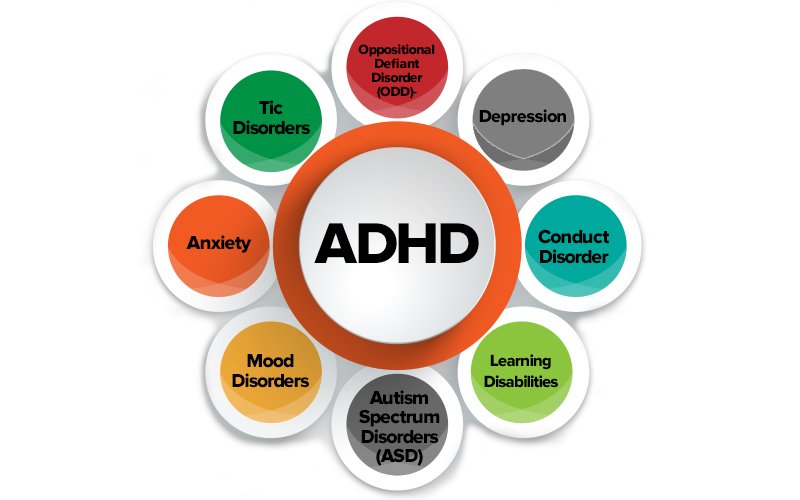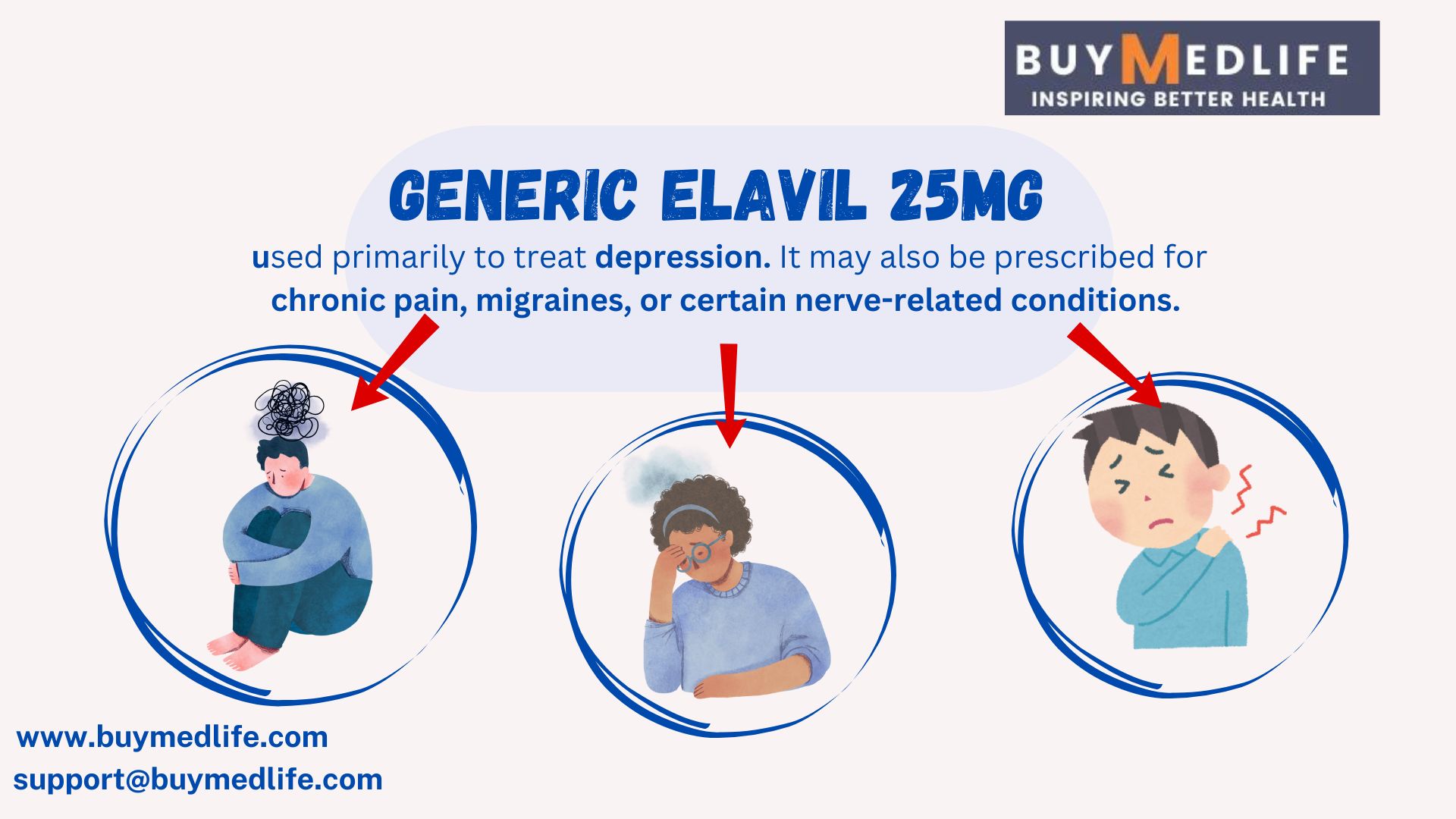ADHD and Relationships: Building Stronger Connections

Attention-Deficit/Hyperactivity Disorder (ADHD) can significantly impact relationships, whether they are romantic, familial, or friendships. The symptoms of ADHD—such as inattention, impulsivity, and hyperactivity—can lead to misunderstandings and challenges in communication. However, with understanding and tailored strategies, individuals with ADHD and their loved ones can build stronger, more resilient connections. This article explores the dynamics of ADHD in relationships and offers practical tips for fostering healthier interactions.
Understanding ADHD in Relationships
ADHD affects how individuals perceive and interact with the world. In relationships, this can manifest in several ways:
Communication Challenges: Individuals with ADHD may struggle to listen attentively or stay focused during conversations, which can lead to miscommunication or feelings of neglect.
Impulsivity: Impulsive behaviors can lead to saying things without thinking, making decisions on a whim, or interrupting others, which can strain relationships.
Emotional Regulation: Difficulty managing emotions can result in heightened responses to stress or conflict, making it challenging to navigate disagreements constructively.
Forgetfulness: Common symptoms of ADHD include forgetfulness and disorganization, which can impact responsibilities within the relationship, such as remembering important dates or commitments.
Understanding these challenges is the first step in fostering stronger connections.
Strategies for Building Stronger Relationships
1. Open Communication
Effective communication is vital in any relationship, especially when ADHD is involved. Here are some ways to enhance communication:
Be Direct and Clear: Use straightforward language when discussing needs and feelings. Avoid ambiguous statements that might be misinterpreted.
Active Listening: Encourage active listening by summarizing what the other person has said before responding. This shows that you value their input and helps clarify any misunderstandings.
Scheduled Check-Ins: Regularly set aside time for open discussions about feelings, concerns, and goals. This creates a safe space for both partners to express themselves.
2. Educate Yourself and Your Partner
Understanding ADHD can help both partners navigate the challenges it presents. Resources such as books, articles, or support groups can provide valuable insights. Both partners should be aware of ADHD symptoms and how they affect behavior, communication, and emotional responses.
3. Establish Routines and Structure
Creating routines can help reduce chaos and promote stability in the relationship:
Shared Calendars: Use digital or physical calendars to track important dates, appointments, and tasks. This helps both partners stay organized and accountable.
Set Reminders: Utilize reminders for commitments and responsibilities, such as date nights or chores, to minimize forgetfulness.
Consistent Routines: Establishing daily or weekly routines can help create a sense of predictability and reduce anxiety for both partners.
4. Practice Patience and Empathy
Building a strong relationship requires patience and empathy:
Acknowledge Challenges: Recognize that ADHD symptoms can be challenging for both partners. Approach issues with understanding rather than frustration.
Cultivate Empathy: Try to see situations from your partner’s perspective. This fosters compassion and helps mitigate conflicts.
5. Use Positive Reinforcement
Positive reinforcement can motivate both partners to improve their behavior and strengthen the relationship:
Celebrate Progress: Acknowledge and celebrate small victories, whether it’s remembering an important date or completing a shared task.
Encouragement: Offer support and encouragement when your partner faces challenges. This builds trust and fosters a positive environment.
6. Seek Professional Support
Sometimes, external support can be beneficial:
Couples Therapy: A therapist specializing in ADHD can help couples develop strategies tailored to their unique dynamics and challenges.
Support Groups: Joining ADHD support groups can provide valuable insights and coping strategies from others facing similar challenges.
7. Focus on Strengths
Every individual has unique strengths. Recognizing and appreciating these can enhance relationships:
Identify Strengths: Take time to discuss each partner’s strengths and how they contribute positively to the relationship.
Leverage Strengths: Find ways to leverage each partner’s strengths in daily life, whether through shared tasks or decision-making.
8. Develop Coping Strategies Together
Working together to develop coping strategies can strengthen bonds:
Problem-Solving: Approach challenges as a team. Collaborate on finding solutions to issues that arise due to ADHD.
Mindfulness Practices: Engage in mindfulness or relaxation techniques together. Practices such as meditation or yoga can help both partners manage stress and improve emotional regulation.
Conclusion
Navigating relationships when ADHD is involved can present unique challenges, but with understanding, communication, and tailored strategies, couples can build stronger, more resilient connections. By focusing on open dialogue, education, structure, and empathy, both partners can foster a supportive environment that enhances their relationship. Remember, ADHD does not define an individual; it’s merely one aspect of their experience. Embracing each other’s strengths and working together can lead to a fulfilling and harmonious partnership. Through patience and dedication, love can flourish despite the challenges, creating a bond that withstands the test of time.




